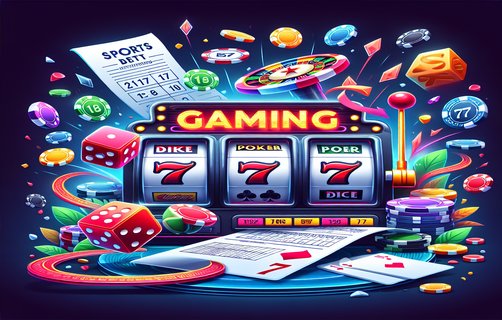The Intricacies of Poker: From Payout Percentages to Strategic Play

Poker is not just a game of chance, but a strategic battlefield where skill, psychology, and betting tactics collide. This article delves into various aspects of the poker universe, exploring payout percentages, match-fixing issues, the impactful “poker face,” the rise of daily fantasy sports, short stack strategies, value betting ranges, and the intriguing presence of live dealers in modern gaming.

Payout Percentages play a crucial role in determining the viability and profitability of poker games. They indicate the proportion of the total wagered amount that is returned to players over time. In a standard poker setting, payout structures can vary significantly based on the game type—be it a cash game or a tournament. Understanding these percentages not only helps players gauge the potential return on investment but also aids in making informed decisions about which games to choose for maximum profitability.
Another pressing concern in the poker community is match-fixing. Although traditionally associated with sports, the concept has infiltrated the poker scene as well. Recent news highlights a growing issue with collusion and unethical practices among players looking to manipulate outcomes for personal gain. This trend is detrimental as it undermines the integrity of the game, leading players to question their opponents and potentially diminishing the enjoyable aspects of fair competition.
One key psychological element in poker is the poker face, a crucial tool in any player’s arsenal. This term refers to the ability to maintain a neutral expression to conceal one’s emotions and intentions. A skilled poker player can use this tactic to mislead opponents about the strength of their hand, thereby enhancing their bluffing potential. Adopting a poker face requires practice and self-awareness, as betraying a hint of emotion can be exploited by keen-eyed competitors.
The advent of daily fantasy sports has shifted the paradigms of traditional poker gaming. These platforms have attracted a new wave of enthusiasts who thrive on strategy, statistics, and a dash of luck. Players draft their teams with the aim of amassing points based on real-life performances, which draws parallels to poker in terms of strategy and risk management. The inclusion of these alternative gaming options may pose a challenge to traditional poker, but they also present opportunities for cross-pollination of strategies and increased engagement in gaming as a whole.
Effective short stack strategies are critical for players with limited chip counts, often encountered in tournaments. The approach emphasizes aggressive play, leveraging the concept of the “fold equity”—the chance that opponents will fold in response to pressure. Short-stacked players must be exceedingly judicious about their betting ranges, often opting for all-in pushes to maximize their chances of survival and rebuilding their stacks. As daunting as it may seem, embracing a precise short stack strategy can heighten a player’s resilience in pivotal tournament moments.
Determining value betting ranges is another fundamental aspect of poker. The essence of value betting lies in extracting the most chips when holding a superior hand. Players must identify the range of hands their opponents might hold to price their bets appropriately. A thorough understanding of opponents’ tendencies, paired with optimal bet sizing, can significantly maximize a player's gains and shift the game in their favor.
Lastly, the presence of live dealers in online poker brings an engaging blend of traditional casino atmosphere and digital convenience. Live dealers not only enhance the social elements of poker but also provide a level of authenticity that automated systems sometimes lack. Players can interact with live dealers, adding a unique facet to the gaming experience while fostering a sense of community among players.
In conclusion, the multifaceted nature of poker—from payout percentages to strategies involving psychology and interaction with live dealers—demonstrates that success in this game requires more than mere luck. By understanding these aspects, players can refine their skills, enhance their enjoyment, and foster integrity within the gaming community.
